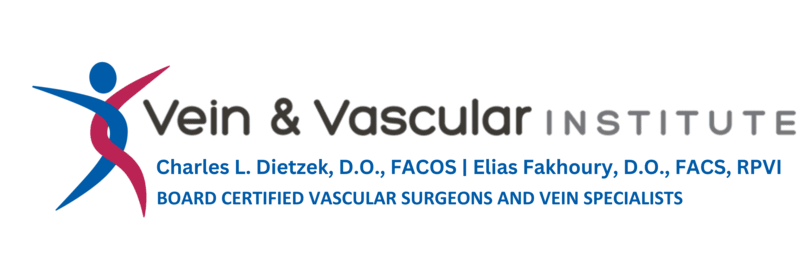Varicose veins are incredibly common, and your chances of developing them increase with age. Generally, they won’t go away on their own, unless caused by pregnancy’s hormonal changes and center of gravity changes. Besides being unsightly, varicose veins can be a sign that your blood is having trouble traveling back up from your feet to your heart and lungs.
Poor circulation and incompetent or diseased veins can eventually ruin your overall health–so don’t ignore these troublesome veins. Your vein doctor offers numerous non-invasive treatment options, which can be as simple as lifestyle changes and/or compression stockings.
Table of Contents
ToggleTaking Care of Your Vein Health
To help ensure good vascular health, you must control the risk factors that are within your control. (Issues like aging, hormonal changes throughout life and heredity are out of your control, of course.) Here are some important steps to take to maintain good vein health for a lifetime:
- Alternate standing, sitting and walking: Avoid staying in the same position for long periods of time to prevent excess pressure on your veins, which can cause vascular problems. If you must sit, such as on a long plane flight, rotate your ankles or pump your feet. Then, when given the ok, walk around the cabin for a few minutes.
- Get moderate exercise daily: Consult your doctor before beginning an exercise program and get into the habit. Good muscle tone helps with circulation, it especially helps veins carry blood up (against gravity) toward the heart.
- Put your feet up: Prop your feet comfortably above your heart for a few minutes, several times per day.
- Wear compression hose: This is especially important if you have a job that involves significant periods of standing or walking, and/or if your vein doctor recommends it.
- Maintain a healthy weight: Eat healthy in addition to exercise, since excess weight places pressure on the veins, which can cause vein problems.
- For pregnant women: Combat incompetent veins by sleeping on your left side. This decreases the pressure that your growing uterus exerts on your major pelvic vein, the vena cava, which is on the right side and helps ensure proper circulation to the growing fetus.
- Visit your vein clinic: It takes just a short, painless appointment to evaluate your vascular health. If you have varicose veins or uncomfortable symptoms, our vein specialist can recommend proper treatment and let you know if and when you should schedule your next appointment.
Where to Get Vein Treatment in New Jersey
Use these tips to help prevent varicose veins, slow development of new problem veins and ease the symptoms of existing vein disease. Contact our expert vein doctor at the Vein & Vascular Institute in NJ. We offer four convenient vein center locations across the state. Call us at 856-309-9777 and make an appointment today.
